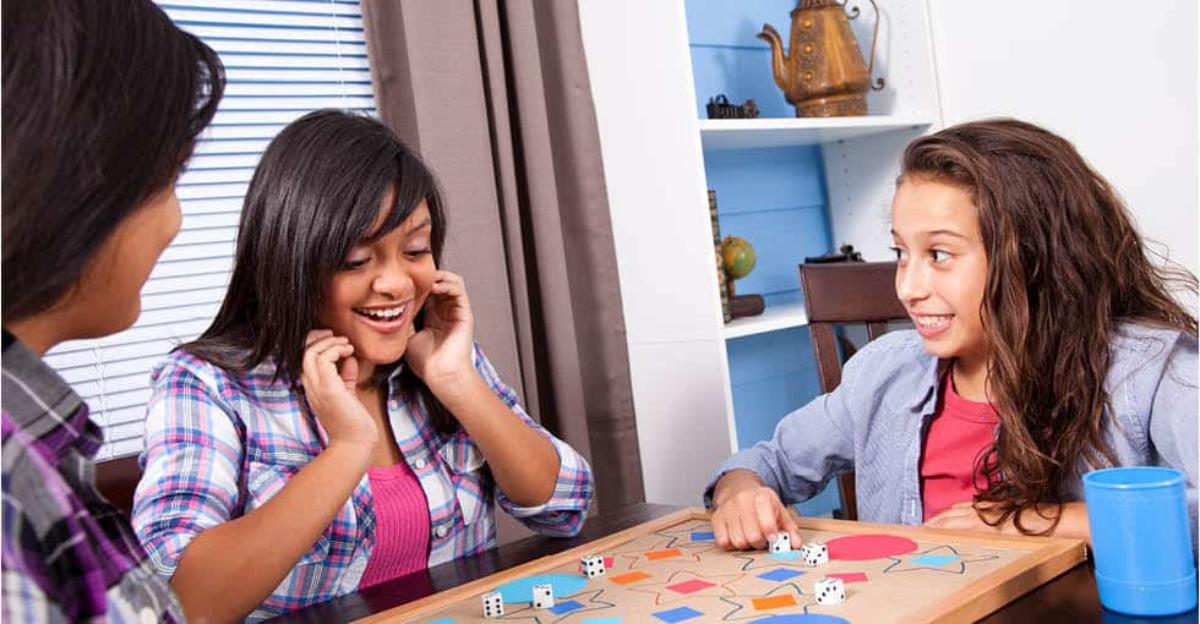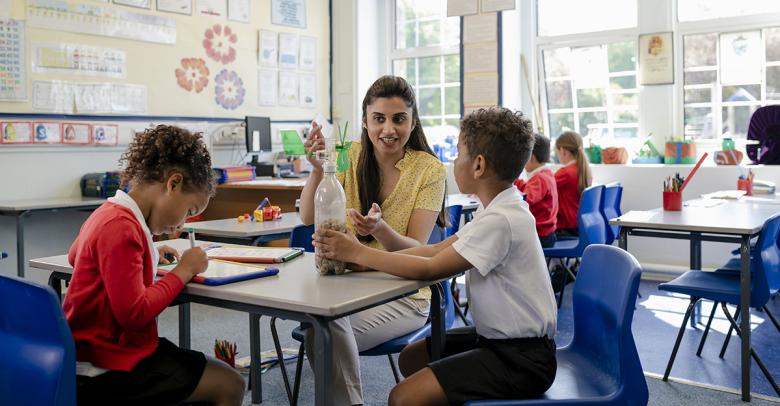When fun and learning come together, the result can be better retention, more engagement, and a generally positive attitude towards the process of understanding a new concept. The pursuit of improved student engagement and creating immersive experiences were the catalysts for the gamification movement. Students using gamification to its fullest are actively involved in evaluating and analyzing new concepts, benefitting the reinforcement and absorption of the information. Keep reading and learn more about gamification in the classroom and how you can take it to the next level.
What Does Gamification Mean?
Gamification is utilizing a challenge or game to teach or support classroom concepts. This is not an entirely new method of reinforcing information, as teachers have long been using songs, games, and hands-on activities to make learning more engaging. However, gamification has recently become a more popular topic for educators discovering more of the motivations behind the benefits of gamifying the classroom.
The aspects of games that make them addicting and fun can be combined with the learning of a new concept, triggering a wish to conquer and absorb all the necessary information. Video games, for example, often require an intense amount of focus, engagement, and memorization as the player has to learn the controls, the rules, and the method to win the game. Winning the game is not the only motivation for many gamers, as many are often motivated to play the same game multiple times to achieve a higher score, win a specific badge, or achieve some smaller reward.
Benefits of Gamification in the Classroom
Turning a classroom lesson into a game can trigger the same internal quest to conquer and succeed. Students who might not have enjoyed memorizing flashcards might find themselves more motivated to win a challenge or participate in a board game that uses the same, previously boring, flashcards. This change in direction benefits students who are not motivated to engage with concepts through reading a textbook or memorizing flashcards, while also introducing more fun.
One of the biggest benefits of gamification in the classroom is its versatility. Teachers can choose whether to make an individualistic game out of learning for the whole class to play at once, or a game played in small groups to encourage teamwork. A game offers students instant feedback, gives students who might otherwise have sat quietly in the background a chance to participate, and can place an emphasis on practice and mastering the information.
How to Incorporate Games In Your Classroom
Incorporating games can be as simple or as complex as you wish. Adding a game to the lesson plan shouldn’t be viewed as a less valuable use of time, or as the only way to keep students engaged. The frequency of games and the type of games created is dependent upon your classroom and the best ways to engage your specific group of students.
Some things to consider when gamifying your classroom:
- Make Practice the Goal: It’s important to emphasize the practice of the game, and not the winning. The smaller achievements like badges and the chance to improve a score can help to foster motivation to continue, rather than quit if they aren’t successful right away.
- Set the Bar: Have students set goals for themselves and keep track of their successes. Not only does this keep them on track, but also gives you an idea of how motivated they are to succeed in conquering the game’s concepts.
- Show Visible Progress: Video games usually give the player a visual of their progress, whether it’s a bar that indicates their skill level or simply how many points they’ve earned. Having this visible progress can give students a little extra motivation to reach a goal or achieve a certain amount of success in the game.
Using Gamification-Oriented Curriculum
All the recent research on the benefits of gamification has led to the creation of curriculum with games built in to the lessons and concepts. For example, Energy Quest, a new title from CPO Science Link comes with two board games, helping students to more fully understand cellular processes like photosynthesis and respiration. Following the rules and moving pieces around the board teaches players how a cell produces energy, thus immersing them in the concept while triggering their motivation to conquer and succeed.
Gamification and the introduction of augmented reality to the CPO Science Link curriculum is just the start of the many advancements being made in the world of education. To learn more about the other innovative and exciting additions Energy Quest could bring to your science curriculum, follow the link below.






Leave a Reply